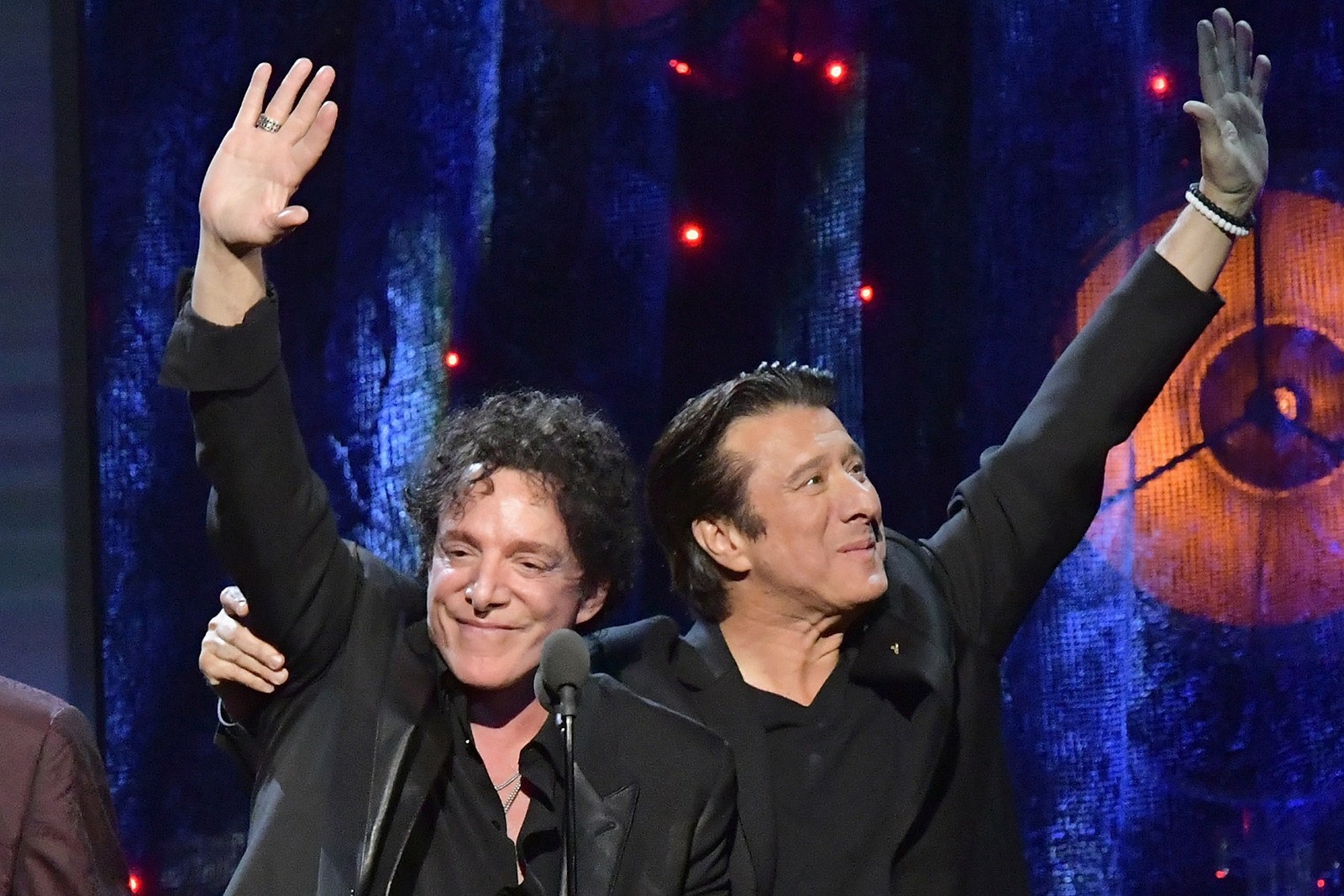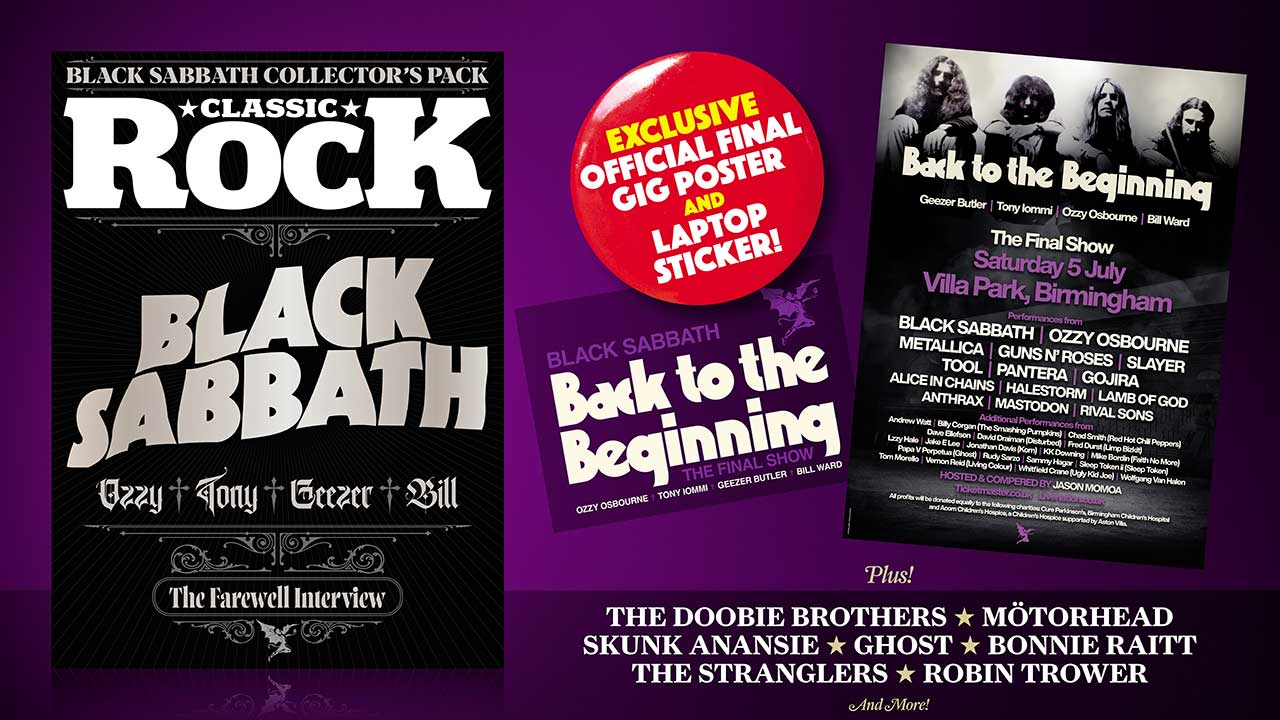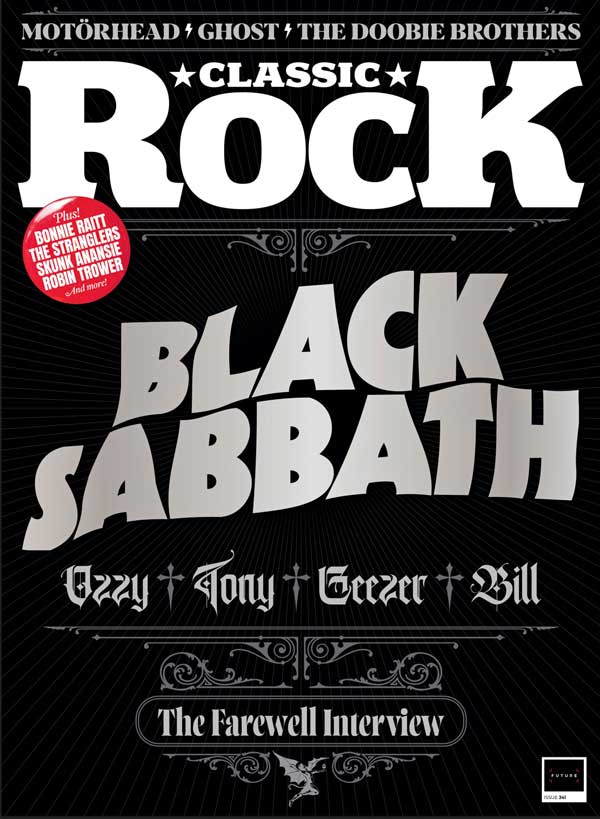
Feature Photo: Bruce Alan Bennett / Shutterstock.com
Eight musicians from New York City and Brown University transformed childhood friendships and collegiate connections into one of America’s most compelling soul-pop ensembles. Lawrence emerged from the creative partnership of siblings Clyde and Gracie Lawrence, who began performing together in childhood before expanding their sound through collaborations with college friends. The band has maintained consistent membership since its formation, with no departures from the core eight-piece lineup that crystallized during their university years.
Their musical catalog encompasses four studio albums alongside multiple live and acoustic recordings that showcase their evolution from a college band to major-label artists. Their discography includes Breakfast (2016), Living Room (2018), Hotel TV (2021), and Family Business (2024), with notable achievements including chart positions and streaming milestones. Their breakthrough single “Don’t Lose Sight” achieved significant commercial success, reaching the top 20 on USA Shazam Pop Charts and securing placement in a Microsoft commercial that elevated their profile internationally.
Lawrence’s rise to prominence includes major television appearances on shows like Jimmy Kimmel Live!, The Late Show with Stephen Colbert, and The Tonight Show Starring Jimmy Fallon. Their touring accomplishments encompass support slots with prominent acts including The Rolling Stones, Jonas Brothers, and appearances at major festivals such as Coachella, Bonnaroo, and Outside Lands. The band currently maintains 928.1K monthly listeners on Spotify while continuing to expand their international reach through extensive touring and strategic partnerships with producers like Jon Bellion.
Clyde Lawrence
Clyde Lawrence joined Lawrence as its founding member and principal creative force when the band formed during his time at Brown University. Born on July 21, 1994, he serves as co-lead vocalist, keyboardist, and primary songwriter, establishing the artistic direction that has guided the band throughout its existence. His involvement spans from the band’s earliest incarnation as The Clyde Lawrence Band through its evolution into the current eight-piece ensemble.
Clyde’s musical foundation began with piano instruction at age four, followed by early composition work that included writing the Miss United States anthem for the film Miss Congeniality when he was only five years old. This early achievement led him to become the youngest member of the Songwriters Guild of America. Throughout his education at the Dalton School and Brown University, he continued developing his skills while composing music for major motion pictures including Music & Lyrics and Did You Hear About the Morgans?.
His contributions to Lawrence’s albums demonstrate continuous artistic growth and expanding musical sophistication. On Breakfast, he established the band’s soul-pop foundation while working with Grammy winner Eric Krasno. Living Room showcased his maturing songwriting approach through themes exploring childhood and family relationships. Hotel TV marked his collaboration with Jon Bellion and Beautiful Mind Records, resulting in their most commercially successful material to date. Family Business represents his most accomplished work, incorporating diverse influences while maintaining the band’s signature sound.
Beyond Lawrence, Clyde has developed significant outside projects that complement his band activities. He formed production trio The Diner with bandmates Jordan Cohen and Jonny Koh, creating music for artists including Jonas Brothers, Tori Kelly, and Jon Batiste. His film composition work includes scores for Disney’s Noelle, HBO’s The Jinx, and Hulu’s Animaniacs. In January 2023, he testified before the U.S. Senate Judiciary Committee regarding live event ticketing practices, demonstrating his engagement with industry advocacy beyond musical performance.
Gracie Lawrence
Gracie Lawrence became Lawrence’s co-lead vocalist and creative partner when she transitioned from guest performer to full band member during her brother’s college years. Born on March 16, 1997, she serves as co-frontperson while pursuing a parallel career in acting that has earned her Tony Award recognition. Her dual focus on music and theater has created a unique artistic profile within the band’s dynamic.
Gracie’s artistic development began in childhood through performing in small venues around lower Manhattan with her brother. Her formal education at The Dalton School preceded her enrollment at Brown University, though she ultimately departed to pursue Lawrence and acting full-time. Her Broadway debut in Brighton Beach Memoirs at age twelve demonstrated early theatrical promise that has continued throughout her career.
Her musical contributions to Lawrence have evolved significantly across their four studio albums. Breakfast featured her emerging vocal presence alongside established acting credits. Living Room highlighted her growing confidence as a performer and songwriter. Hotel TV showcased her collaborative abilities working with Jon Bellion and the band’s production team. Family Business demonstrates her full artistic maturation as both vocalist and creative contributor to the band’s overall vision.
Gracie’s acting achievements outside Lawrence underscore her versatility as a performer. Her television work includes roles in The Sex Lives of College Girls, Billions, and appearances in films like Moxie and Did You Hear About the Morgans?. Her Broadway return in Just in Time opposite Tony winner Jonathan Groff has earned her a Tony Award nomination for Best Featured Actress in a Musical. This dual success in music and theater has positioned her as one of the most accomplished multi-disciplinary artists in contemporary entertainment.
Jordan Cohen
Jordan Cohen joined Lawrence during its formation at Brown University, bringing saxophone expertise and production skills that have shaped the band’s sonic identity. His role encompasses tenor and baritone saxophone performance while contributing significantly to the band’s musical arrangements and production processes. Since joining, he has remained integral to both the band’s live performances and studio recordings.
Cohen’s musical background includes extensive training in saxophone and production techniques that inform his contributions to Lawrence’s sound. His educational experience at Brown University connected him with fellow band members while providing opportunities to develop his skills in various musical contexts. His production abilities emerged through collaborative work on Living Room, where he co-produced alongside Jonny Koh and other contributors.
Throughout Lawrence’s discography, Cohen has provided essential harmonic and rhythmic elements that define their signature sound. Breakfast featured his saxophone work within the broader horn arrangements. Living Room showcased his production contributions alongside his instrumental performance. Hotel TV highlighted his collaborative relationship with Jon Bellion and his role in The Diner production trio. Family Business demonstrates his continued evolution as both performer and behind-the-scenes contributor.
Cohen’s work outside Lawrence through The Diner production collective has established him as a sought-after collaborator in contemporary pop music. His partnerships with Clyde Lawrence and Jonny Koh have produced music for major artists including Jonas Brothers and Tori Kelly. His Senate testimony alongside Clyde regarding ticketing practices demonstrates his involvement in industry advocacy beyond musical production. His Instagram presence as @saxmachine819 reflects his identity as both performer and social media personality.
Jonny Koh
Jonny Koh joined Lawrence as lead guitarist and technical specialist during the band’s formation at Brown University. Beyond his primary role as guitarist, he serves as the band’s technology coordinator and co-producer, managing sound systems and contributing to the production processes that define their recorded output. His technical expertise has proven essential to both live performances and studio work.
Koh’s background combines musical performance with software engineering skills that uniquely position him within the band structure. His guitar playing began at age ten, followed by self-taught drumming skills developed from age fourteen. His programming experience spans seven years, while his music production and recording expertise covers approximately ten years of active development.
His contributions to Lawrence’s albums showcase both his instrumental abilities and production sensibilities. Breakfast established his guitar voice within the ensemble context. Living Room featured his co-production work alongside Jordan Cohen and other collaborators. Hotel TV highlighted his role in The Diner production trio and his collaboration with Jon Bellion. Family Business represents his most sophisticated contribution as both guitarist and technical coordinator.
Koh’s minimalist philosophy and mindful approach to creativity inform his contributions beyond traditional guitar performance. His personal website jvkoh.com reflects his interests in design and technology that complement his musical activities. His role in The Diner production collective has resulted in work with major artists across multiple genres. His technical responsibilities ensure that Lawrence’s live performances maintain professional standards while incorporating complex elements like backing tracks and synchronized lighting.
Michael Karsh
Michael Karsh joined Lawrence as their bassist during the band’s formation at Brown University, providing the rhythmic foundation that anchors their soul-pop sound. His approach combines classic funk and soul influences with modern techniques, creating bass lines that complement Lawrence’s high-energy performances while maintaining musical sophistication. His background vocals add harmonic depth to their vocal arrangements.
Karsh’s musical development includes formal education at Brown University where he met his fellow band members. His studies encompassed both musical performance and music education, leading to his later work as a private instructor for guitar, bass, piano, and music theory. His teaching experience with students of all ages demonstrates his comprehensive understanding of musical fundamentals.
Throughout Lawrence’s albums, Karsh has provided consistent low-end support while adapting his style to each project’s requirements. Breakfast showcased his ability to anchor the band’s early sound within soul and R&B contexts. Living Room featured his growing confidence in more complex arrangements. Hotel TV highlighted his collaborative work on Jon Bellion-produced material. Family Business demonstrates his full integration into the band’s creative process as both performer and contributor.
Karsh’s equipment preferences reflect his commitment to achieving specific tonal qualities in live and studio settings. His endorsement of Orange amplifiers, particularly the 4-Stroke 500 Watt amplifier and OBC410 cabinet, stems from their ability to provide classic Motown-inspired sounds with modern clarity and punch. His approach seeks balance between vintage soul traditions and contemporary sonic requirements, achieving the touch and clarity he considers essential to Lawrence’s live impact.
Sam Askin
Sam Askin joined Lawrence as drummer during the band’s formation at Brown University, establishing the rhythmic foundation that drives their energetic live performances. His drumming style accommodates the band’s diverse musical influences while maintaining the pocket necessary for their soul and funk-oriented material. His contributions extend beyond basic timekeeping to include arrangement input and creative collaboration.
Askin’s educational background at Brown University connected him with the other band members during their formative years. His drumming approach developed through various musical contexts before crystallizing within Lawrence’s specific stylistic requirements. His understanding of different groove styles has proven essential to the band’s ability to navigate various musical territories within their soul-pop framework.
His work across Lawrence’s studio albums demonstrates consistent growth and adaptation to changing musical directions. Breakfast established his fundamental approach within the band’s developing sound. Living Room showcased his ability to support more complex arrangements and production techniques. Hotel TV featured his performance on Jon Bellion-produced material that incorporated electronic elements alongside acoustic drums. Family Business represents his most sophisticated drumming, balancing precision with creative expression.
Askin’s live performance approach emphasizes the energy and dynamism that characterizes Lawrence’s concert experience. His drumming provides the foundation for the band’s high-energy stage presence while maintaining the musical sophistication that defines their recorded output. His collaborative relationship with bassist Michael Karsh creates the rhythmic engine that propels Lawrence’s most compelling musical moments, whether in intimate venues or large festival settings.
Sumner Becker
Sumner Becker joined Lawrence as alto saxophonist during the band’s formation at Brown University, contributing to the horn arrangements that distinguish their sound from other contemporary pop acts. His role encompasses both written parts and improvised sections, adapting classical saxophone techniques to soul and pop contexts. His performance adds harmonic color and melodic counterpoint to the band’s vocal-driven material.
Becker’s musical background includes formal saxophone training that prepared him for Lawrence’s demanding performance requirements. His educational experience at Brown University provided opportunities to develop ensemble skills while connecting with future band members. His approach balances technical proficiency with musical sensitivity appropriate to various song contexts.
Throughout Lawrence’s discography, Becker has provided essential upper-register harmonic content that complements Jordan Cohen’s tenor and baritone saxophone work. Breakfast featured his integration into the band’s horn section arrangements. Living Room showcased his growing comfort with both composed and improvised elements. Hotel TV highlighted his adaptation to Jon Bellion’s production aesthetic. Family Business demonstrates his full musical maturity within the band context.
Becker’s responsibilities extend beyond performance to include merchandising and sustainability coordination, reflecting the collaborative nature of Lawrence’s operations. His commitment to environmental consciousness aligns with the band’s broader values while ensuring their touring practices maintain responsible standards. His co-chairmanship of the “Saxophone Committee” with Jordan Cohen demonstrates the democratic approach that characterizes Lawrence’s internal organization.
Marc Langer
Marc Langer joined Lawrence as lead trumpeter during the band’s formation at Brown University, providing the bright, cutting sound that tops their horn section arrangements. His performance combines technical precision with stylistic flexibility, adapting to the band’s diverse musical influences while maintaining consistent tonal quality. His occasional rapping adds textural variety to specific songs within their repertoire.
Langer’s trumpet background includes formal training that equipped him for Lawrence’s professional performance requirements. His educational experience at Brown University fostered connections with band members while providing opportunities to develop his ensemble skills. His approach emphasizes both melodic lead playing and supportive harmonic contributions as songs require.
His contributions across Lawrence’s albums have provided consistent high-register support while adapting to evolving production styles. Breakfast established his trumpet voice within the band’s horn arrangements. Living Room featured his performance on more sophisticated chart material. Hotel TV showcased his adaptation to Jon Bellion’s production approach and electronic integration. Family Business demonstrates his continued importance to the band’s signature sound.
Langer’s role as “Toppest of the Top Brass” reflects both his musical position and his personality within the band dynamic. His trumpet work provides the exclamation points that punctuate Lawrence’s most energetic moments while adding harmonic sophistication to their ballad material. His occasional rap contributions demonstrate the band’s willingness to incorporate diverse stylistic elements while maintaining their core identity as a soul-pop ensemble.
Read More: Classic Rock Bands List And Directory
Complete List Of Lawrence Band Members article published on ClassicRockHistory.com© 2025























![Metallica - The Unforgiven III (S&M2) [5.1 Surround / 4K Remastered] - YouTube](https://img.youtube.com/vi/tUUUpMnA9_w/maxresdefault.jpg)











